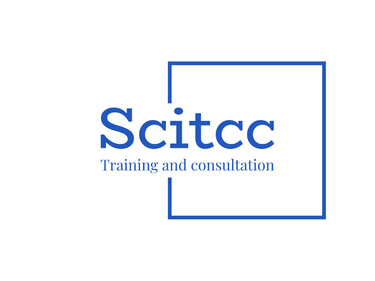
Advanced Translation Skills
Advanced Translation Skills
$3500.00
=
Day 1: Introduction to Advanced Translation
Definition of advanced translation and its importance in different contexts.
The difference between machine translation and human translation.
The essential skills required for advanced translation.
Teaching method: Interactive lecture, analysis of real case studies.
Target audience: Professional translators, graduate students in translation.
Day 2: Professional Translation Techniques
Contextual translation: Understanding the text in its cultural and linguistic context.
Using translation aids (such as electronic dictionaries and CAT tools).
Translation between languages with different structures.
Teaching method: Practical workshops, hands-on exercises with live examples.
Target audience: Professional translators and advanced students.
Day 3: Dealing with Complex Texts
Literary Translation: Challenges and Solutions.
Legal and technical translation: Focusing on accuracy and specialized terminology.
Media translation and cultural criticism.
Teaching method: Case studies, group discussions on difficult texts.
Target audience: Translators specialized in specific fields.
Day 4: Audio Translation and Simultaneous Interpretation
Voice translation: Translation for movies and media content.
Simultaneous interpretation: Basics and techniques of real-time translation.
The challenges and best practices in both.
Teaching method: Interactive exercises and simulation of simultaneous interpretation processes.
Target audience: Translators interested in audio and simultaneous translation.
Day 5: Business and Marketing Translation
Translation in the fields of international trade and marketing.
Translation strategies for promotion and products.
Cultural translation in marketing campaigns.
Teaching method: Interactive lecture, analysis of translated marketing campaigns.
Target audience: Translators specialized in marketing and commerce.
The general teaching method for the course:
A mix of interactive lectures and practical workshops.
Using case studies and live examples.
Group discussions and practical exercises.
Continuous evaluation of trainees through practical applications.
Evaluation method:
A short quiz at the end of each day.
A practical project at the end of the course is presented on the fifth day.


